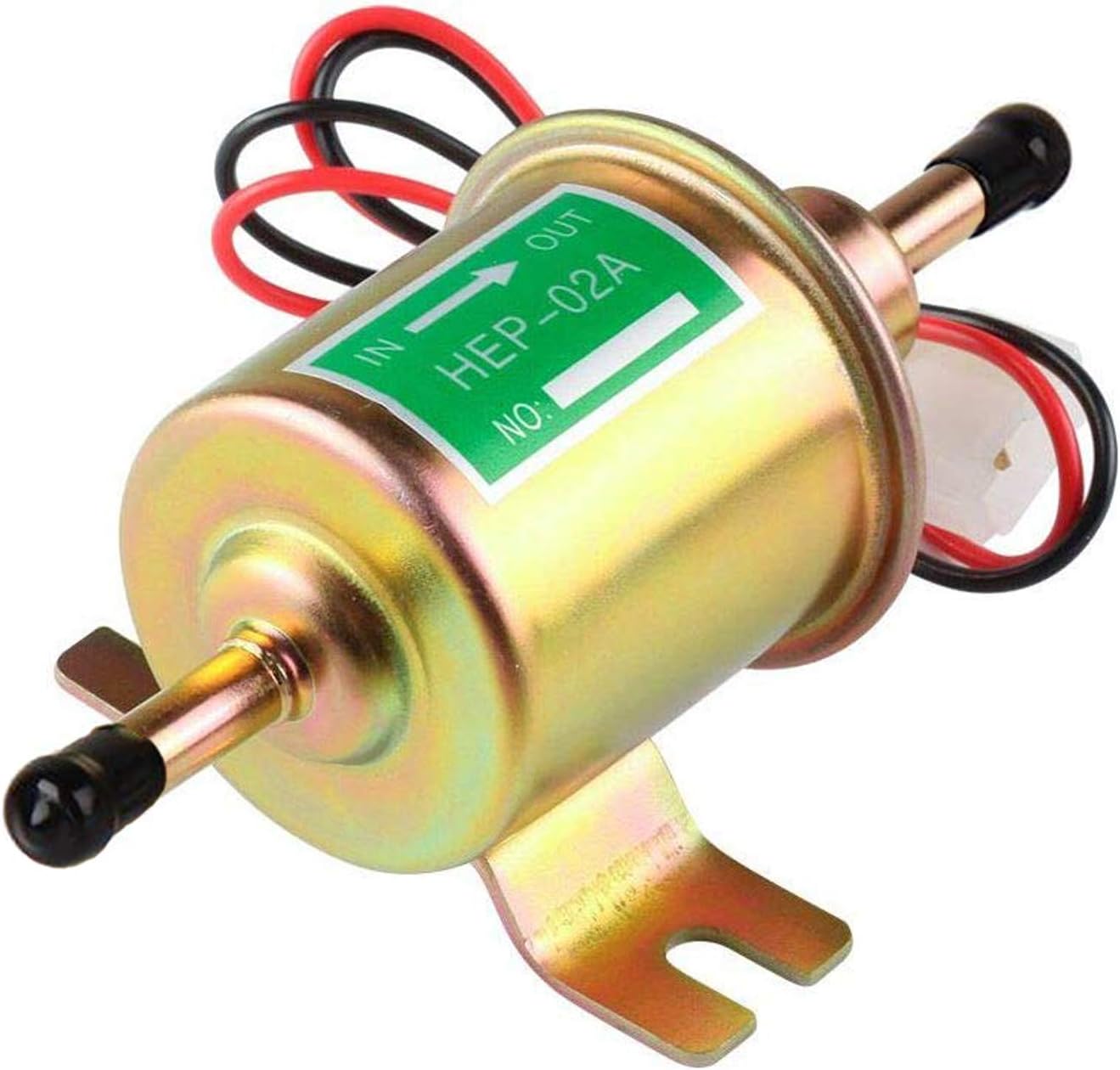When it comes to selecting a pump for your specific needs, it can be a daunting task. With so many options available in the market, it's crucial to understand the factors that contribute to choosing a good pump. In this article, we will explore the key considerations and provide valuable insights to help you make an informed decision.
- Define Your Requirements:
Before diving into the pump selection process, it's essential to clearly define your requirements. Consider factors such as the type of fluid being pumped, flow rate, pressure, temperature, and any specific industry standards or regulations that need to be met. Understanding these requirements will help narrow down your options and ensure the pump you choose is suitable for your application. - Types of Pumps:
There are various types of pumps available, each designed for specific applications. Some common types include centrifugal pumps, positive displacement pumps, submersible pumps, and reciprocating pumps. We will briefly discuss each type, highlighting their advantages, disadvantages, and ideal applications. - Efficiency and Performance:
Efficiency and performance are crucial factors to consider when choosing a pump. Look for pumps that offer high efficiency to minimize energy consumption and reduce operating costs. Consider the pump's performance curve, which shows the relationship between flow rate and head (pressure). Understanding this curve will help you determine if the pump can meet your desired performance requirements. - Material Selection:
The choice of materials for the pump construction is vital, especially when dealing with corrosive or abrasive fluids. Consider factors such as chemical compatibility, temperature resistance, and durability. Selecting the right materials will ensure the longevity and reliability of the pump, minimizing maintenance and replacement costs. - Maintenance and Serviceability:
Pumps require regular maintenance to ensure optimal performance and longevity. Consider factors such as ease of maintenance, availability of spare parts, and the manufacturer's reputation for after-sales service. Choosing a pump from a reputable manufacturer with a strong support system will make maintenance and servicing more convenient. - Cost Considerations:
While cost should not be the sole determining factor, it is an important consideration. Evaluate the initial purchase cost, installation expenses, operating costs, and potential long-term savings. A higher-priced pump may offer better efficiency and durability, leading to cost savings in the long run.
Conclusion:
Choosing the right pump is a critical decision that can significantly impact the efficiency and productivity of your operations. By defining your requirements, understanding the different types of pumps, considering efficiency and performance, material selection, maintenance needs, and cost considerations, you can make an informed decision. Remember to consult with industry experts or pump manufacturers for personalized recommendations based on your specific application.

